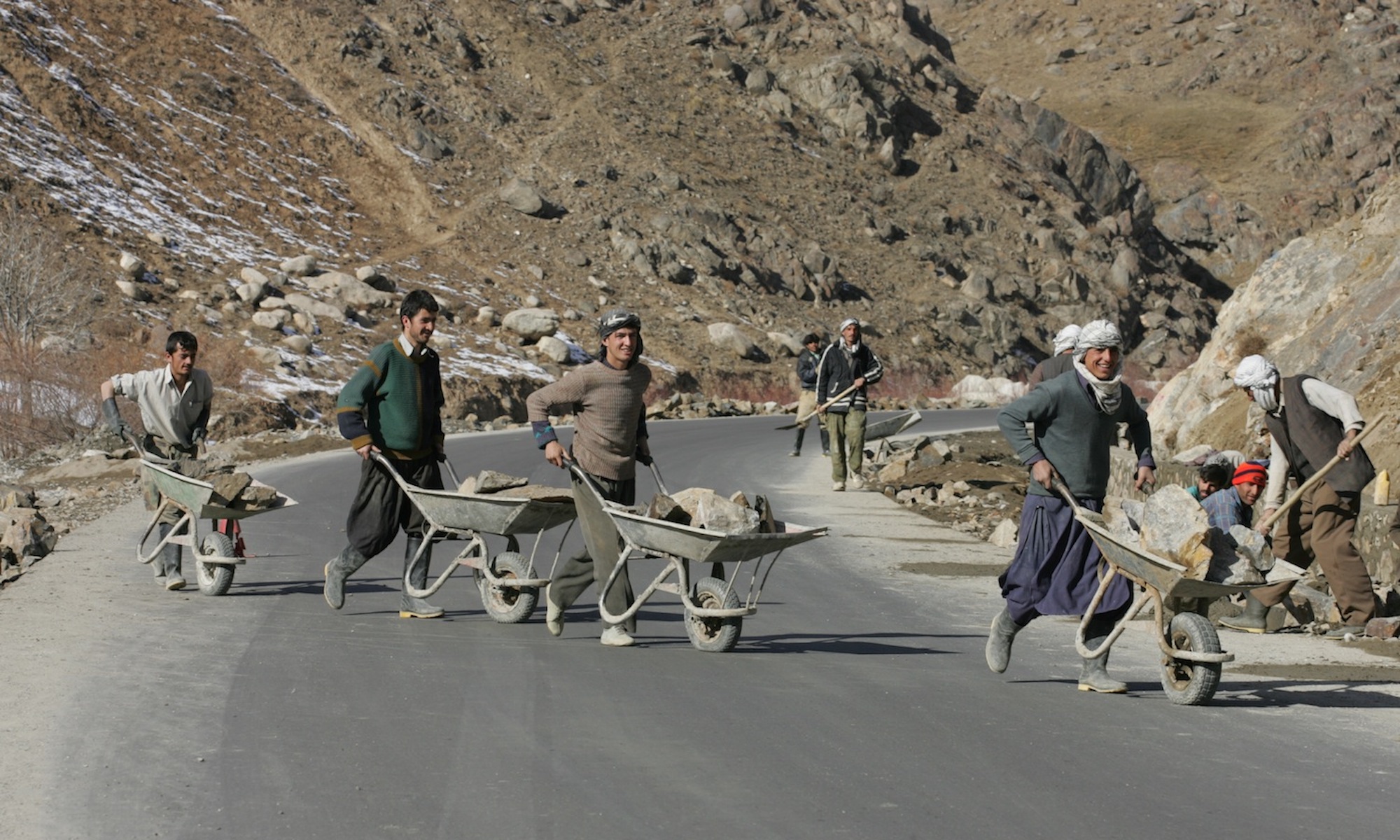Mandates for UN peacekeeping operations in Africa have become more robust since the delivery of the Brahimi Report in 2000. Contrary to before, soldiers are now unmistakably expected to use force to protect local civilians in a number of UN peacekeeping missions in Africa. While this expectation of force may be celebrated, the question rises whether peacekeeping soldiers can meet the expectation. Are they ready to kill and risk their lives to protect local civilians? This question is especially pertinent to Western armed forces, which have contributed little to post-millennium UN peace operations in Africa but are explicitly called upon by the UN administration to contribute to the robust peacekeeping missions. This article discusses the question of moral and psychological preparedness in light of the possible tension between the nationalist orientation in Western armed forces and the cosmopolitan demands of UN peacekeeping operations in Africa.

INSCT Postconflict Research Database
The Institute for National Security and Counterterrorism's Postconflict Research Database & Analysis Project stores cross-indexed bibliographic information on hundreds of journal articles, books, book chapters, and case reports that address the broad, interdisciplinary fields of postconflict reconstruction, stabilization, and peacebuilding.